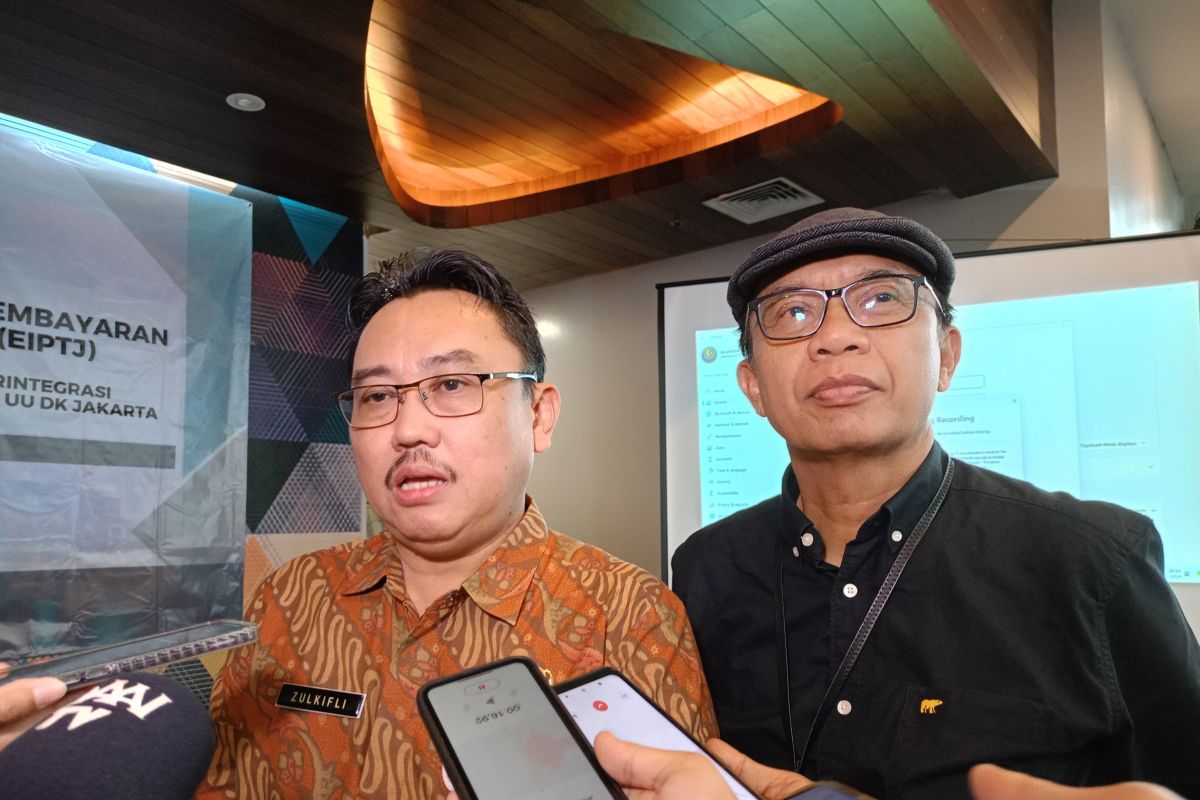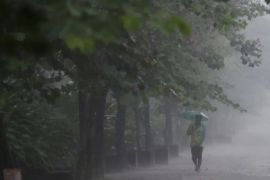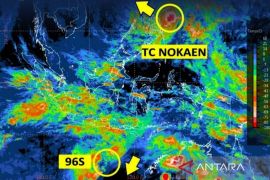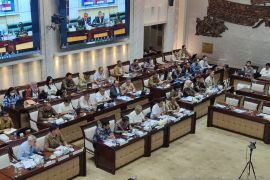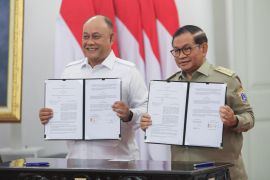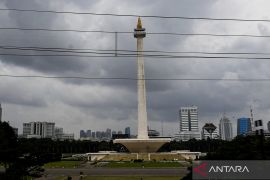Jakarta (ANTARA) - The provincial government of Jakarta is planning to complete a regional regulation on limiting the use of private vehicles this year."The target is the regional regulation (preparation) to be completed this year and then proposed next year and be deliberated in the Regional Legislative Council (DPRD)," head of the Jakarta Transportation Office's Electronic Paid Road System Management Unit, Zulkifli, said.
He made the statement at a Public Institute for Transportation Studies (INSTRAN) discussion in Jakarta on Thursday. According to him, the regulation is an effort by the Jakarta government to encourage people to use public transportation, tackle traffic congestion caused by the use of private vehicles, and cut emissions.
Zulkifli said that the regulation covers four main aspects: electronic road pricing (ERP), low emission zone (LEZ), parking management, and limitations on the age and number of vehicles.
He affirmed that the Jakarta government and stakeholders are continuously improving intermodal passenger transport, which is not yet fully integrated, to encourage people to use public transportation.
"After all of our public transportation is operating well and accessible, we must limit private vehicles and (encourage) people to shift to using public transportation with traffic management," he added.
Baca juga: Minister invites public to use mass transportation to reduce traffic
Baca juga: Indonesia's transportation sector increased in last decade: Minister
He further said that the losses due to traffic congestion in Jakarta are projected to be up to Rp100 trillion (around US$6.12 billion) per year. The figure is based on a study carried out by the Coordinating Ministry for Economic Affairs in 2018.
The total projected loss is an accumulation of excess fuel consumption, travel time losses due to traffic congestion, the impact of pollution it caused, and others.
Pewarta : Siti Nurhaliza, Raka Adji
Editor:
I Komang Suparta
COPYRIGHT © ANTARA 2026
